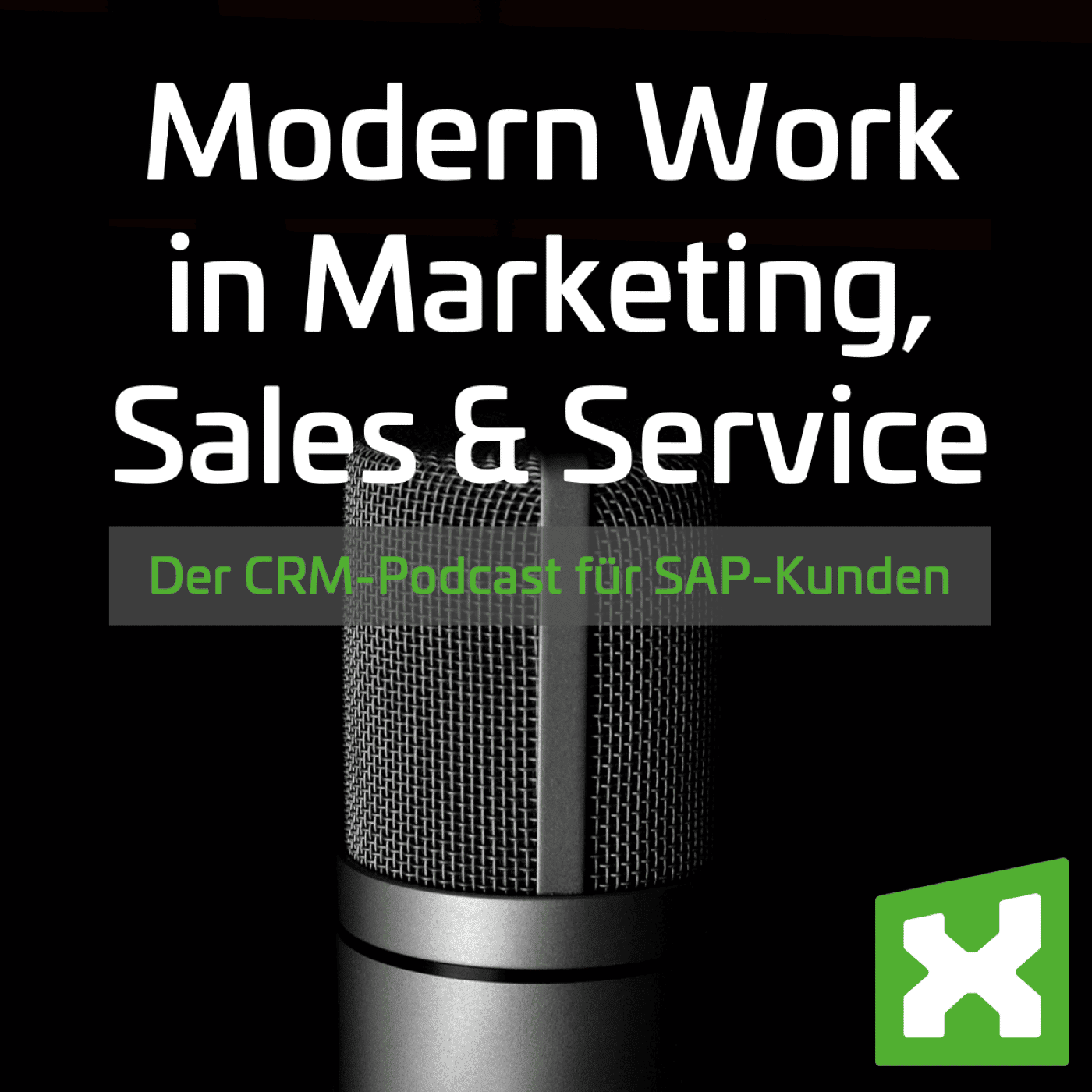Marketing Automation in Medium-Sized B2B Companies: Increasing Efficiency and Promoting Growth through Automation
The world of marketing has changed a lot in recent years, especially with the introduction of marketing automation. Nevertheless, many medium-sized B2B companies are reluctant to use this technology. In this post, we’ll explore what marketing automation is, what the challenges are when it comes to implementation, whether it rationalizes away jobs, and whether it’s worth the investment at all.

What is Marketing Automation?
Marketing automation refers to the use of software solutions that automate and optimize marketing processes. It can be used to handle repetitive tasks, such as managing campaigns, lead nurturing, email marketing, social media, and more. The goal is to increase the efficiency of marketing activities while enabling greater customer centricity.
What are the challenges of implementing marketing automation?
Implementing marketing automation doesn’t come without its challenges:
Will the use of marketing automation lead to the loss of marketing jobs?
A common misconception in the world of marketing automation is the assumption that the use of this tool will eliminate the need for marketing jobs. In fact, it frees marketers from monotonous, time-consuming tasks. This allows them to focus on creative and strategic aspects of marketing, such as creating engaging content and developing effective lead nurturing strategies. In summary, it can be said that the role of marketing is becoming more and more data-driven and demanding, and the tasks are also becoming more and more due to the ever-growing channels, so that it is becoming more and more necessary to automate repetitive work.
Is Marketing Automation Worth Investing?
The question of whether investing in marketing automation is worthwhile for medium-sized B2B companies can be answered with a resounding yes. Despite the challenges mentioned, the advantages outweigh the disadvantages:
Why should marketing automation software be connected to CRM?
Marketing automation and customer relationship management (CRM) are two important software systems that help companies optimize their marketing and sales activities. Effective integration of CRM and marketing automation is crucial, as both systems provide insights into customer behavior and preferences that can be used for personalized marketing actions. For example, information about new technologies can be provided if the purchase history indicates an imminent need. Or information about past purchases and interactions can be used for new, targeted marketing campaigns. In summary, it can be said that the interaction of data from all available systems can improve the efficiency of marketing and sales processes and enable a personalized customer approach, which ultimately leads to higher conversion rates.
Result
Marketing automation is undoubtedly a powerful tool for medium-sized B2B companies to optimize and scale marketing processes. Although implementation hurdles exist, the advantages far outweigh the disadvantages. A smart investment in marketing automation, coupled with seamless integration with existing CRM systems, enables an efficient, personalized and data-driven marketing strategy. This leads to improved efficiency, an enhanced customer experience, and ultimately sustainable growth and success in the market.
About the author

 In the B2B environment, the buying process is increasingly shifting online. In order to effectively accompany and manage customers, they must be provided with relevant information as needed. Learn in our white paper how you can digitize and automate marketing and sales processes , and what role CRM and marketing automation software play in this.
In the B2B environment, the buying process is increasingly shifting online. In order to effectively accompany and manage customers, they must be provided with relevant information as needed. Learn in our white paper how you can digitize and automate marketing and sales processes , and what role CRM and marketing automation software play in this.
